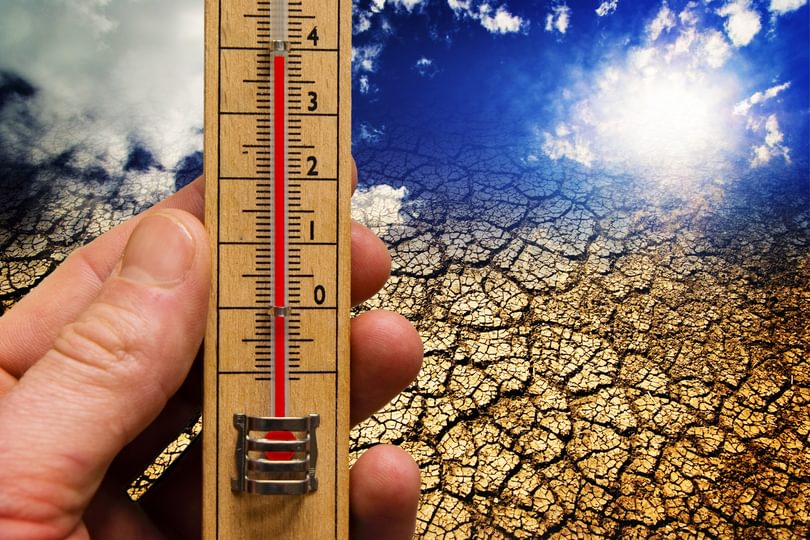
In a paper published today in Nature Climate Change, leading climate physicist Professor Myles Allen, from the Oxford Martin Programme on Resource Stewardship, argues that investment in technologies to capture and dispose of carbon dioxide is vital to stabilise climate, especially at temperatures “well below 2oC” as called for in Paris, and that ‘spare no expense’ approaches to cutting emissions in the short term may even be counterproductive.
Professor Allen argues that there are only two things we can affect with policies today that will really matter for peak warming: reducing the cost of large-scale capture and disposal of carbon dioxide; and maximising the average rate of economic growth we achieve for a given rate of emission in the meantime.
Combining standard macro-economic tools with more recent insights into how the climate system responds to carbon dioxide emissions, Professor Allen found that unless we can get the cost of carbon capture and disposal below $200/tonne of carbon dioxide, then stabilising temperatures below 2oC will require “truly heroic levels of self-sacrifice by future generations.”
The implication, says Professor Allen, is clear. “Early investment in carbon dioxide disposal is critical, because most of the cheapest options, like underground storage, will take decades to develop and gain public acceptance. Currently, of the billions being spent on combatting climate change, only a tiny fraction is remotely relevant to these vital ‘backstop’ technologies.”
Professor Allen goes on to argue that we need a new framework for assessing investments in renewable and nuclear energy. He recommends focussing on the “carbon intensity of growth”, or maximising the rate of economic growth we achieve for a given rate of emission. “Sacrificing economic growth to reduce emissions could even be counterproductive,” he notes, “if it impairs the willingness and ability of future generations to reduce emissions to zero.”
Professor Allen makes the point that countries with relatively high per capita emissions and sluggish economic growth (which would include the UK and most of Europe) have a particular responsibility to invest in carbon dioxide disposal. Right now, these countries are “like a broke student at the bar: continuing to contribute to the problem without contributing to the prosperity required to pay for the solution”. This is true even if their emissions are declining: “it’s not enough to promise to drink slower”.
He concludes: “A climate policy that relies exclusively on substitution requires a mindboggling assumption of ‘irrational selflessness’ on the part of future generations when they run out of the easy stuff to substitute. It is time to divert some of our less productive subsidies into carbon dioxide disposal.”
The full paper is available to view at http://dx.doi.org/10.1038/nclimate2977
Video - Myles Allen discusses the paper
Briefing - Myles Allen summarises the paper in a short briefing note.